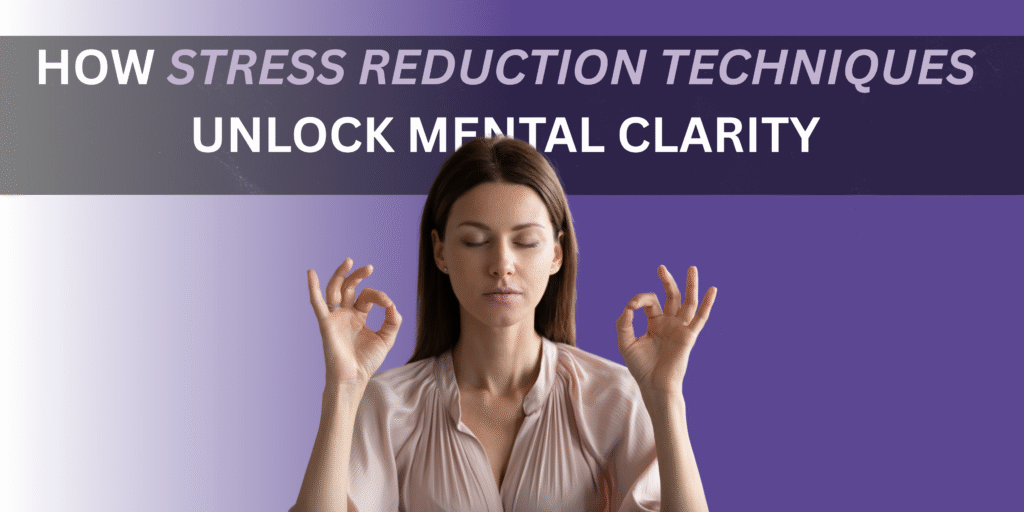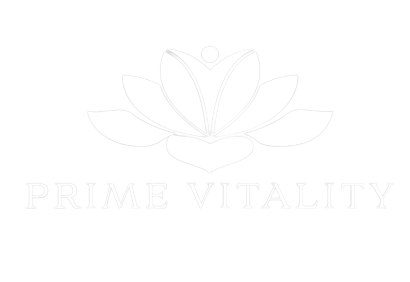How Stress Reduction Techniques Unlock Mental Clarity & Emotional Stability

By Dr. Shiv Kumar Goel, MD – Internal Medicine, Functional & Aesthetic Medicine In our fast-paced, always-on world, stress has become an unwelcome constant. It’s the nagging worry, the tight shoulders, the racing thoughts that steal our peace and often our productivity. We often categorize stress as a mental burden, but its impact stretches far beyond […]
The Link Between Mental Health & Physical Fitness in Men

Why Strengthening the Body Also Strengthens the Mind When it comes to health, men often focus heavily on physical fitness—muscle gain, endurance, or losing weight. But what’s often overlooked is the powerful connection between mental health and physical wellness. The two are not separate journeys; they work hand-in-hand. In fact, building a stronger body often […]
